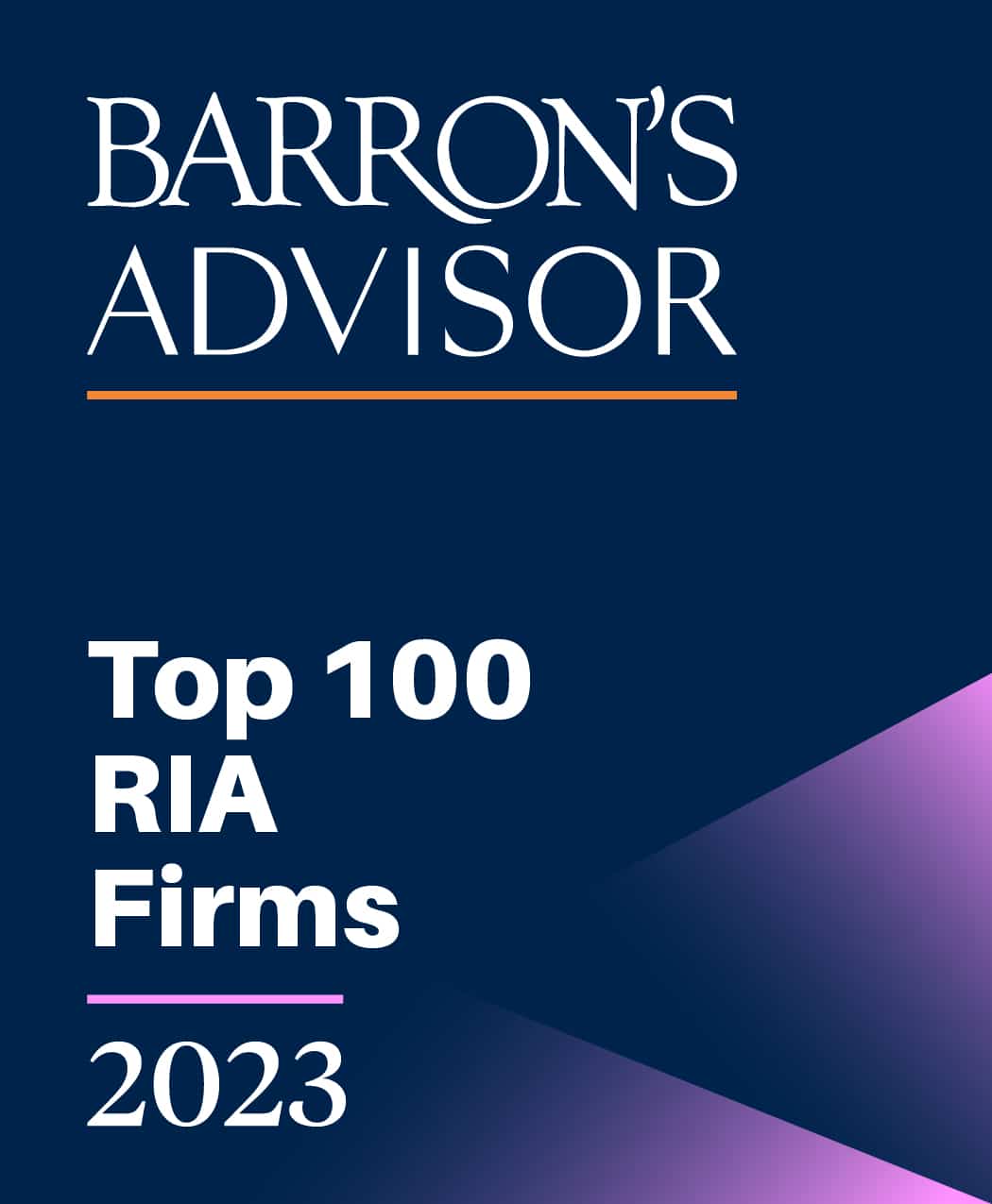The Corporate Transparency Act (CTA) was passed in 2021 and created a new ownership information reporting requirement making it harder for business owners to conceal their identity for illicit purposes. The CTA reporting rule went into effect on January 1, 2024, and requires certain entities referred to as “reporting companies” to file beneficial ownership information (BOI) reports with the United States Treasury Department’s Financial Crimes Enforcement Network (FinCEN).
BOI reports must be submitted via FinCEN’s BOI E-Filing System and FinCEN expects that most companies will be able to submit this information on their own using FinCEN’s Small Business Resources. Below is an overview of the new CTA reporting rule including (1) who is subject to the reporting rule, (2) what information must be reported, and (3) when reports must be filed. Companies that need additional assistance should contact their attorney or CPA.
Fraud Alert: There have been recent fraudulent attempts to solicit information from individuals and entities who may be subject to the CTA reporting requirements. FinCEN does not send unsolicited requests and any information requests purporting to be from FinCEN are fraudulent.
- Who is subject to the reporting rule?
Nearly all small business entities are “reporting companies” subject to the CTA reporting rules. The CTA and corresponding Treasury Regulations generally define a reporting company as any entity that must file a document with a secretary of state or similar office to be created or registered to do business. State laws vary, but this essentially includes all Corporations, Limited Liability Companies (LLCs), Limited Partnerships (LPs), and any other types of business entities that limit owner liability. Note that it makes no difference whether an entity is an operating company or merely holds assets.
The CTA lists several entities that are exempt from being treated as reporting companies, including companies already subject to regulatory oversight such as banks, tax-exempt entities, large operating companies having 20+ full-time employees and $5M+ gross receipts, and certain inactive entities in existence before 2020. Sole proprietorships, general partnerships, and most trusts are also excluded from the reporting company definition if they did not have to file with a secretary of state or similar office to be created or registered to do business.
Takeaway: If you have a corporation, LLC, LP, or any other entity that was created or registered to do business by filing with a secretary of state and it does not fall under an exemption then it is a reporting company subject to the CTA reporting rule.
2. What information must be reported?
Reporting companies are required to provide information about their beneficial owners and company applicants (for reporting companies created or registered to do business on or after January 1, 2024). Note that beneficial owners and company applicants must be individuals and the required information includes their legal name, date of birth, current address, and an image of a document with a unique identifying number (i.e., passport or driver’s license). The BOI report is straightforward and has fields for all the required information. However, the challenge can be determining who the beneficial owners and company applicants are.
The CTA and corresponding Treasury Regulations generally define a beneficial owner as an individual who directly or indirectly either exercises substantial control over the reporting company or owns or controls 25% or more of the reporting company. An individual is deemed to have substantial control of a reporting company if he or she: (1) is a senior officer, (2) has authority to appoint or remove officers, (3) is an important decision-maker, or (4) has any other form of substantial control. For reporting companies owned entirely by individuals the beneficial owners are likely apparent, but this may not be the case for reporting companies that are owned or controlled by other entities.
If a reporting company is owned or controlled by another entity, the beneficial owners are generally those individuals who own 25% or more of the reporting company indirectly through the intermediary entity. If a trust owns 25% or more of the reporting company, the beneficial owners are those individuals with the authority to dispose of or withdraw the trust assets. This would typically include the trustee and any beneficiary that has the right to demand a distribution as well as the grantor if he or she retains the right to revoke the trust. Keep in mind that no matter the ownership structure, any individual who directly or indirectly exercises substantial control over a reporting company is a beneficial owner.
Takeaway: A reporting company must include information on all beneficial owners in its BOI report. A beneficial owner is an individual who directly or indirectly either exercises substantial control over the reporting company or owns or controls 25% or more of the reporting company.
A reporting company created or registered to do business on or after January 1, 2024, is also required to provide information about the company applicants. The CTA and corresponding Treasury Regulations define a company applicant as the individual who directly files the document that creates or registers the reporting company. If another individual is primarily responsible for directing or controlling the filing then that individual would be listed as a second company applicant, but a second company applicant should be reported only if more than one individual is involved in the filing. If you are filing your company’s creation or registration documents yourself then you would be the company applicant. If you are using a lawyer, CPA, or other service provider to file then you should confirm that they will either handle preparing the BOI report or provide the required company applicant information.
Takeaway: A reporting company created or registered to do business on or after January 1, 2024, must also include information on its company applicant in its BOI report. A company applicant is an individual who directly files the document that creates or registers the reporting company.
3. When must BOI reports be filed?
Reporting companies created or registered to do business before 2024 must file their initial BOI report by January 1, 2025. Reporting companies created or registered to do business during 2024 must file their initial BOI report within 90 calendar days after receiving actual or public notice that their creation or registration is effective. Reporting companies created or registered to do business after 2024 must file their initial BOI report within 30 calendar days after receiving actual or public notice that their creation or registration is effective. BOI reports must be submitted via FinCEN’s BOI E-Filing System.
There is no annual BOI reporting requirement, but reporting companies must file updated or corrected BOI reports as needed. If the information in a BOI report is inaccurate or changes, the reporting company must file an updated or corrected BOI report within 30 days after the change occurs or the inaccuracy is identified. Updated or corrected BOI reports must also be submitted via FinCEN’s BOI E-Filing System.
An individual who willfully violates the BOI reporting requirements may be subject to penalties of up to two years imprisonment and a fine of up to $10,000. Potential violations include willfully failing to file, correct, or update a BOI report. Individuals can be held liable if they either cause the failure or are a senior officer at the company at the time of the failure. FinCEN expects reporting companies to verify the information they receive, but beneficial owners and company applicants should be aware that they may face penalties if they willfully cause a reporting company to fail to report complete or updated beneficial ownership information or willfully provide the reporting company with false information to report.
Takeaway: Reporting companies created or registered to do business before 2024 have until the end of the year to file their initial BOI report, but reporting companies created or registered on or after January 1, 2024, must file their initial BOI report within 90 days (30 days beginning in 2025). All reporting companies must update or correct their BOI reports within 30 days after a change occurs or an inaccuracy is identified (this is required if ANY information in the BOI report changes).
Because of the potential liability associated with these filings, Homrich Berg cannot provide specific guidance, and companies that need additional assistance should contact their attorney or CPA.
Important Disclosures
This article may not be copied, reproduced, or distributed without Homrich Berg’s prior written consent.
All information is as of date above unless otherwise disclosed. The information is provided for informational purposes only and should not be considered a recommendation to purchase or sell any financial instrument, product, or service sponsored by Homrich Berg or its affiliates or agents. The information does not represent legal, tax, accounting, or investment advice; recipients should consult their respective advisors regarding such matters. This material may not be suitable for all investors. Neither Homrich Berg, nor any affiliates, make any representation or warranty as to the accuracy or merit of this analysis for individual use. Information contained herein has been obtained from sources believed to be reliable but are not guaranteed.
©2024 Homrich Berg


